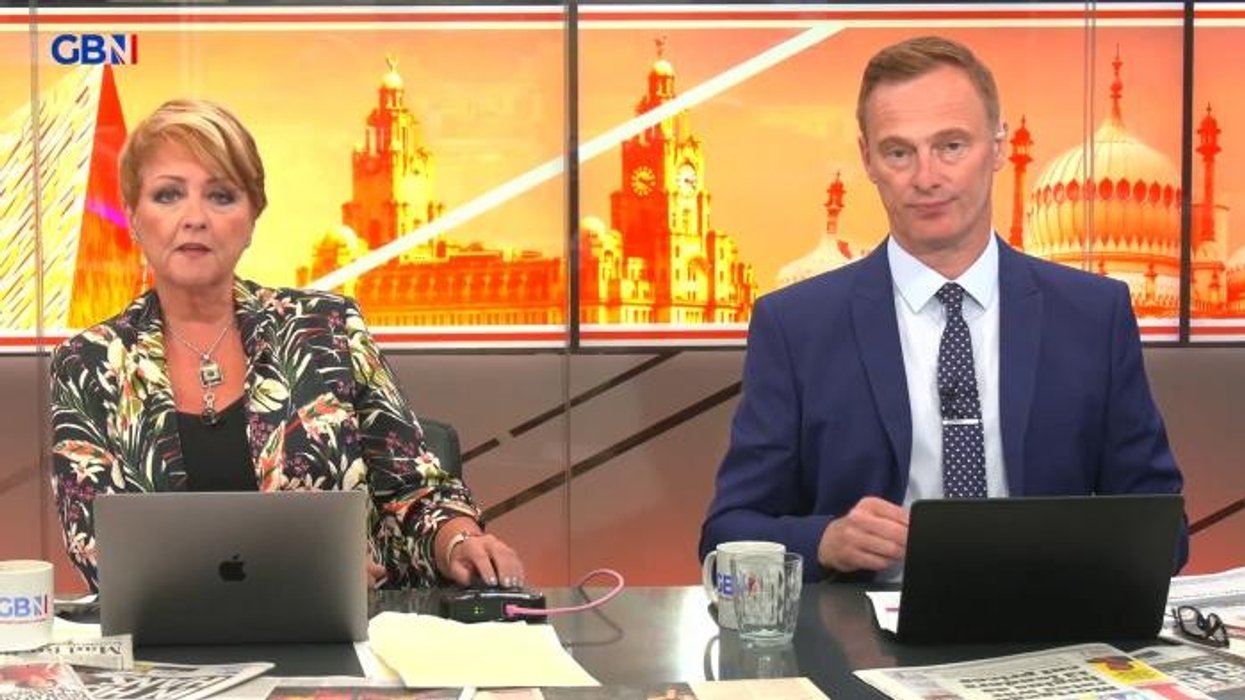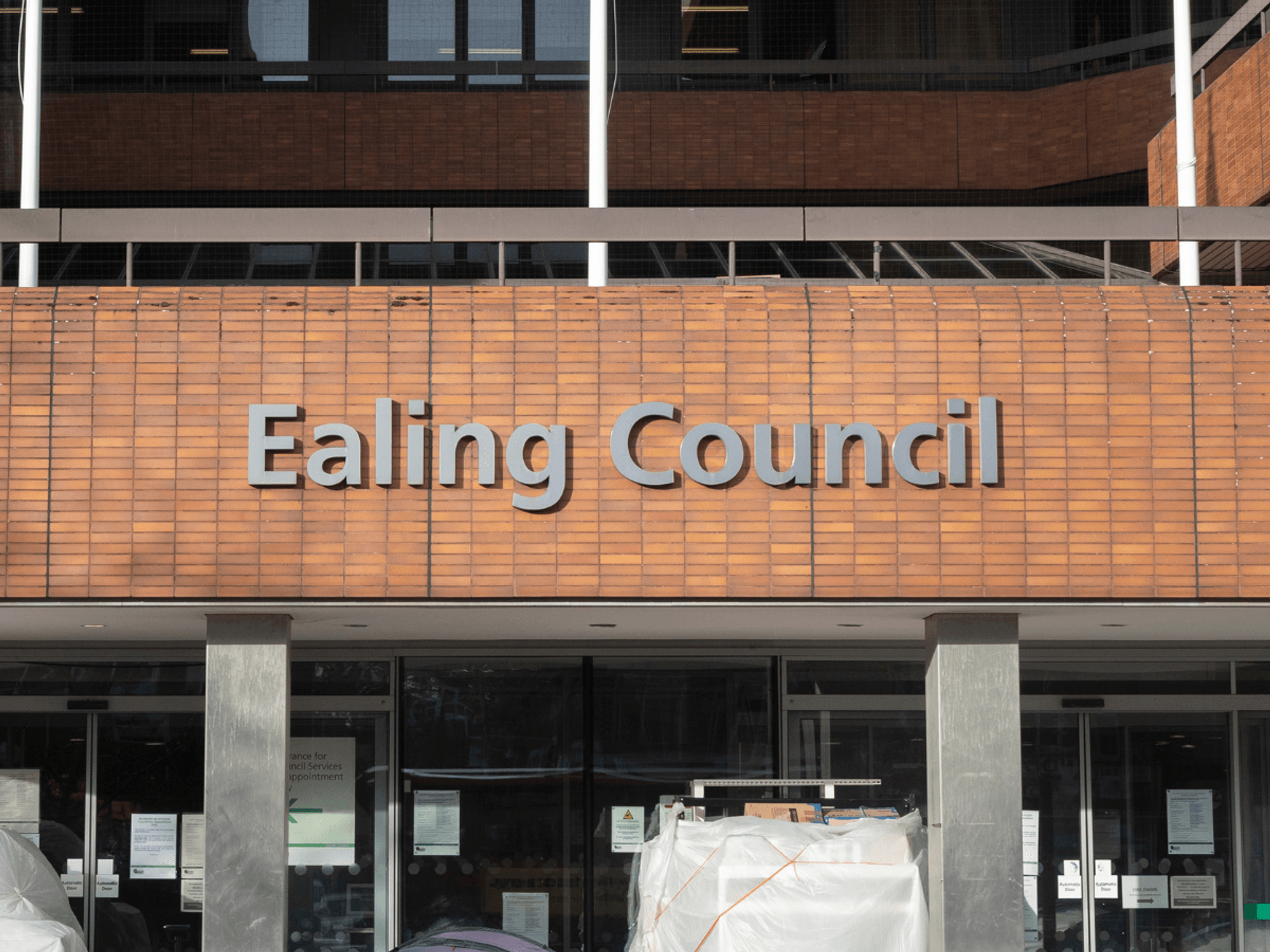Mortgage warning: Homebuyers hit with 'uncomfortable reality check' as rates likely to increase again

UK housing crisis Soaring rent and mortgage |
GBNEWS

Swap market signals rate cuts are running out of road as inflation remains high
Don't Miss
Most Read
Latest
Homebuyers hoping for cheaper deals this summer may be in for a nasty surprise as mortgage rates are unlikely to fall any further and could soon start creeping back up, according to a leading industry expert.
The swaps market, which lenders use to price new mortgage deals, is now pointing to just one more base rate cut this year, dashing earlier hopes of multiple reductions.
Peter Stimson, Director of Mortgages at MPowered, said: "Mortgage rates may well have fallen as far as they can for now, and in the coming weeks rates may even creep up back as lenders recalibrate in response to rising swap rates."
For anyone planning to buy or remortgage in the coming months, it’s what Stimson described as "an uncomfortable reality check."
Stimson explained that "when it comes to interest rates, inflation has morphed from a blip into a block."
He highlighted particular concern about Middle East tensions, noting that "oil prices spiked 5 per cent on Tuesday - reaching their highest level of 2025 so far - and there's a danger that they will push up manufacturing and transport costs in coming months, and allow inflation to take root."

Mortgage rates are likely to rise an expert warns
| GETTYThe inflation situation is proving "worryingly sticky," according to Stimson, who warned that "the crescendo of war drums in the Middle East may make things worse."
These developments have effectively eliminated any remaining possibility of a Bank of England base rate cut on Thursday, with expectations for future cuts also diminishing rapidly.
UK inflation fell to 3.4 per cent in the year to May, down from April's figure but still significantly above the Bank of England's two per cent target.
Alice Haine, Personal Finance Analyst at Bestinvest by Evelyn Partners, noted that whilst the easing provided "a little bit of respite for consumers fearful of a renewed squeeze on household budgets," prices remain elevated.
Core inflation dropped to 3.5 per cent from 3.8 per cent, with services inflation falling more sharply to 4.7 per cent from 5.4 per cent.
The main factor behind the lower headline rate was reduced transport inflation, reflecting lower air fares post-Easter and a correction to April's tax figures.

Haine observed that the impact on mortgage borrowers varies significantly depending on when they secured their current deal
| GETTYHowever, food inflation rose to 4.4 per cent from 3.4 per cent as supermarkets faced mounting cost pressures.
Haine observed that the impact on mortgage borrowers varies significantly depending on when they secured their current deal.
"Most borrowers are on fixed rates, so those emerging from two-year fixes secured when interest rates were higher than now may receive some reprieve," she explained.

First-time buyers face additional pressure after stamp duty thresholds reverted to lower levels in April
| GETTY IMAGESHowever, she warned that "the outlook is less rosy for borrowers coming to the end of a cheap five-year fix secured when interest rates were at record low levels.
2They are potentially looking at much higher mortgage costs unless they have managed to pay off a chunk of their balance."
First-time buyers face additional pressure after stamp duty thresholds reverted to lower levels in April, requiring both substantial deposits and funds to cover property purchase tax.
More From GB News










